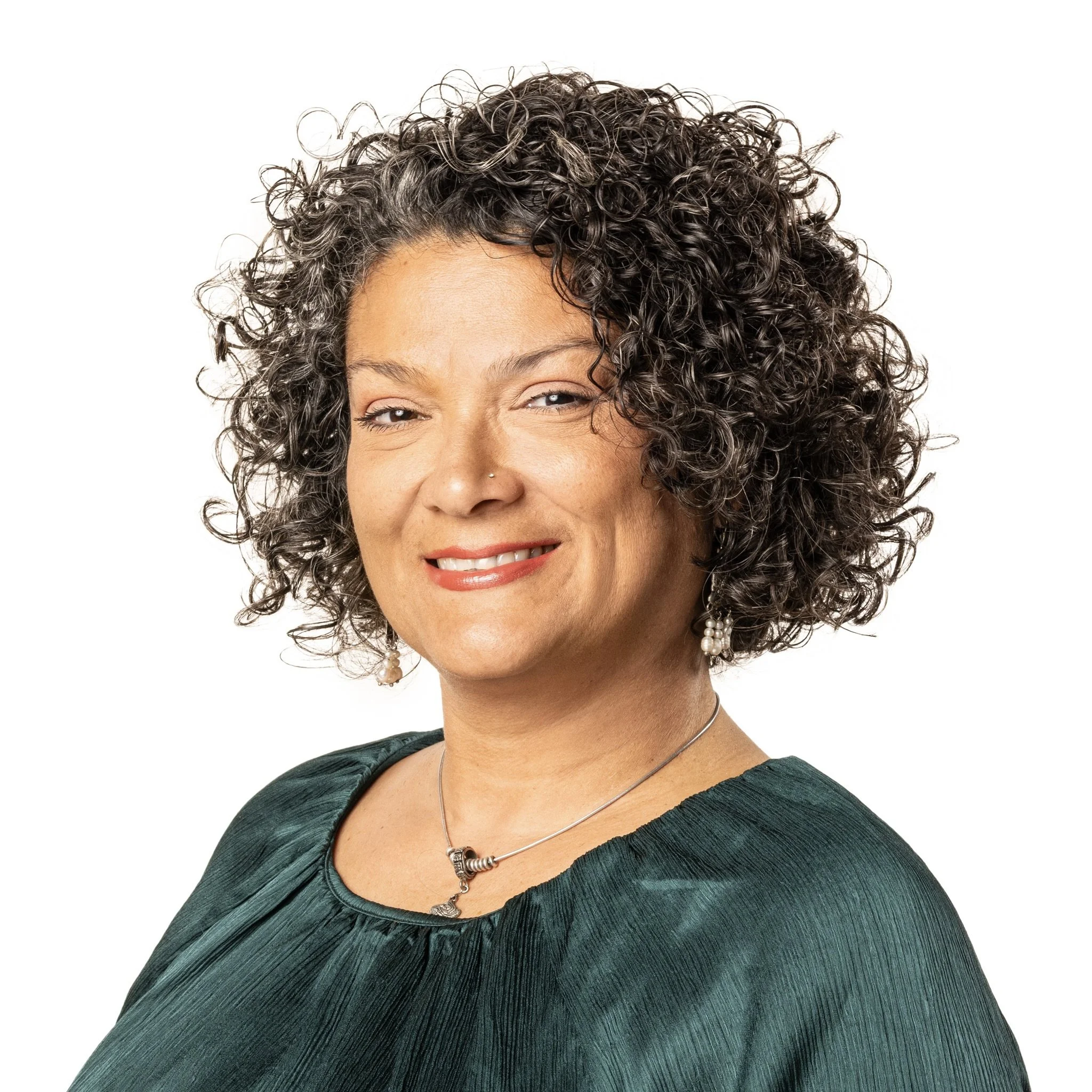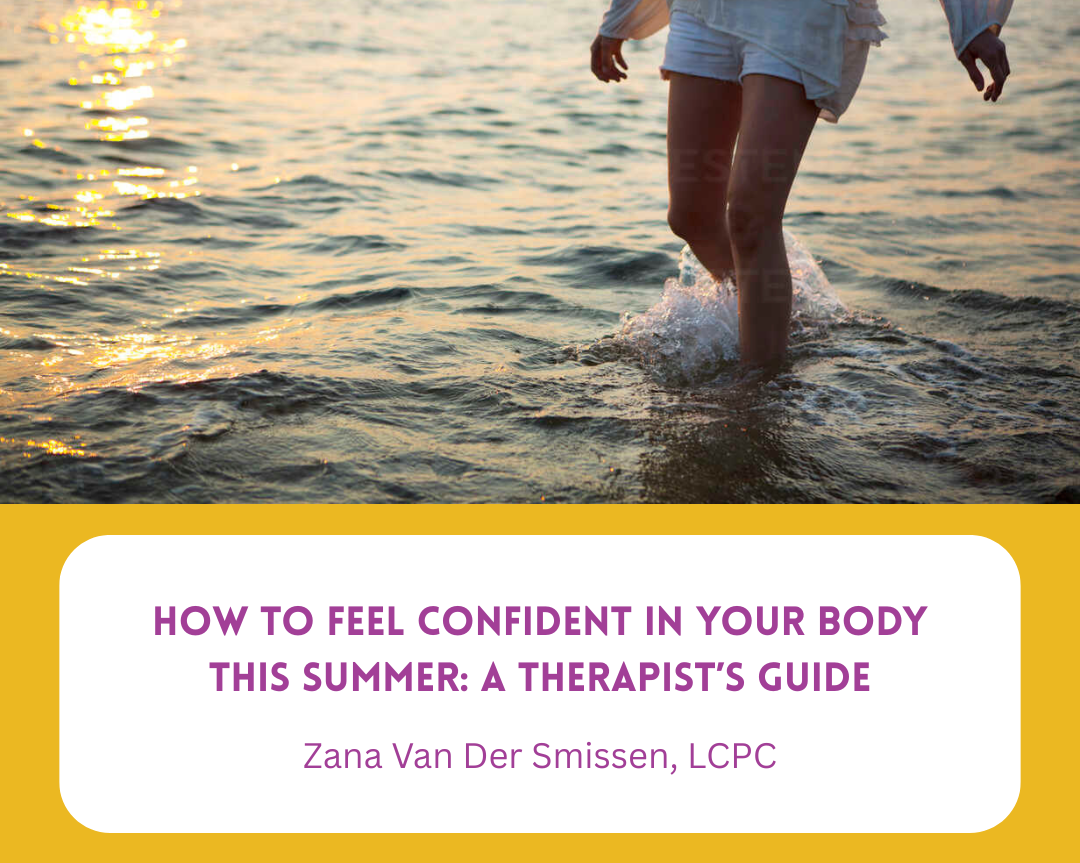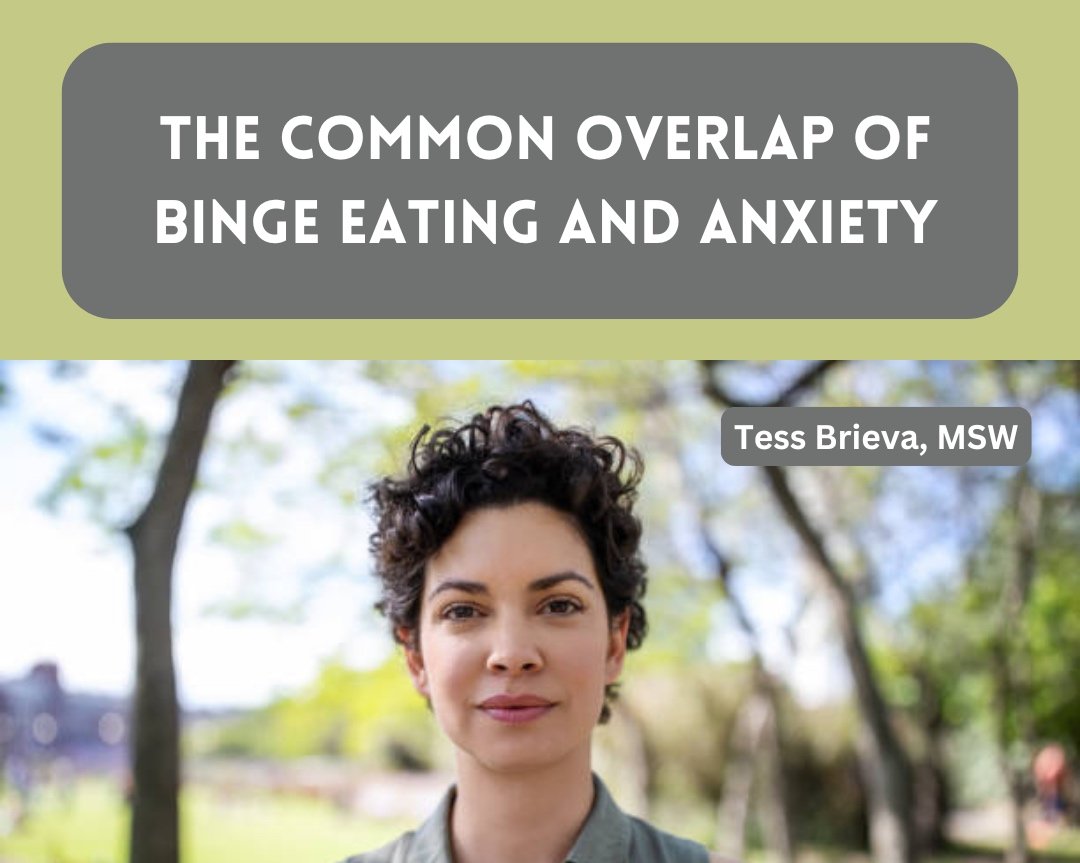Body Image Therapy in Chicago
Schedule Your 1st Appointment
What Our Clients Are Saying
-
During our first session Hannah was proactive in creating a plan of action to properly diagnose me and address my concerns. Detailed. Office is beautiful. Love the decor, relaxing ambiance and free tea.
———
-
She was very kind and thorough during intake and the entire office looks like something out of a lifestyle magazine.
———
-
The office is lovely and welcoming, the in-take paperwork helped me prepare for what I wanted to talk about and gave me a starting point.
———
-
Dr. Yang is warm and empathic, and made me feel comfortable from the very beginning.
———
-
Emma has been very supportive through major life changes for me. Her sweet and gentle nature made it easy for me to feel safe to open up to her. I am very grateful for her support and kindness.
———
-
It was my first visit and she made me feel so safe. I opened up right away!
———
Meet Our Body Image Therapists
Struggling to befriend your body?
Do you feel like no matter what you do, you feel like your appearance is never "good enough"?
Do you struggle to understand how your body really looks? Do you wonder if you have body dysmorphia?
Are you often feeling consumed by thoughts about food, exercise, or appearance?
Does intuitive eating sound impossible to you?
Do you turn to food to numb out, cope with emotions, or self harm?
You might turn down social plans because you’re not feeling good about your skin, weight, or hair.
Or you might have a birth mark, scar, or something about your body that feels “different” from others that causes you distress.
There are a lot of things that can come up, especially for women and nonbinary folks, about their body, that can contribute to day to day distress.
What are Body Image Concerns?
Body image concerns can show up in a lot of different ways. In some cases, distress about one’s body can fit the description of Body Dysmorphic Disorder, where an individual is preoccupied with a perceived flaw in their appearance and may in some cases spend hours a day thinking about and/or trying to fix the perceived flaw. Often times the flaw is not noticeable to others, indicating that the individuals perception of their body is distorted in some way.
In our society, especially for femme folks, there is a “quest for perfection” when it comes to our bodies. We are inundated with images of what an ideal body looks like and, if not consciously, often subconsciously these images influence how we feel about our own body.
What is Body Image?
When we refer to body image, we’re usually talking about how someone feels, thinks, and perceives their physical appearance. Body image can include how a person feels and the kind of thoughts they have when they look at themselves in the mirror. It can also include variables such as size, weight, and shape of the body. Lots of things can influence our body image, including things that others have said to us about our body and the media, and cultural norms.
Positive vs. Negative Body Image
Having a positive body image generally means that your perception of your body is close to what others may see and what is commonly defined as reality. Someone with a positive body image also usually feels pretty good about their appearance. Having a negative body image usually means that a person has a distorted view of their body, along with some shame or discomfort about their appearance. We may also think of positive body image like a “flat” mirror, with neutral or positive emotions associated, and negative body image like a convex of concave mirror with distressing emotions associated.
Recognizing Symptoms and Co-Occurring Conditions
If you spend a lot of your day or week focused on your body, and limit your activities or social connections because of this, you might be struggling with Body Dysmorphic Disorder. It’s also very common for someone with concerns about their body to struggle in their relationship with food. Some may limit or restrict their food intake, or seek refuge in food for emotional comfort. Often, body image concerns and disordered eating behaviors go hand in hand.
If you are struggling with your eating or the way you view your body, even if you don’t have all of the symptoms for an official diagnosis, our body image therapists can help you feel better and get back to doing more things that you enjoy.
There are also many separate, yet co-occurring disorders that are common with body image issues including:
Anorexia Nervosa: Characterized by severe restriction of food intake, an intense fear of gaining weight, and a distorted body image.
Bulimia Nervosa: Involves cycles of binge eating followed by compensatory behaviors like purging, excessive exercise, or fasting, often driven by a distorted perception of body shape and weight.
Binge Eating Disorder: Involves recurrent episodes of eating large quantities of food, often quickly and to the point of discomfort, accompanied by feelings of loss of control.
Body Dysmorphic Disorder (BDD): A mental health disorder characterized by obsessive focus on a perceived flaw or flaws in appearance, which may be minor or not observable to others. This preoccupation can lead to significant distress and impairment.
Orthorexia: Defined by a hyperfocus on eating "healthy" foods to the point where it is causing the individual to focus on ingredients, perfectionistic tendencies, and ruminating thoughts around what their next meal will look like
Depression: Negative body image and self-esteem issues are often associated with depressive disorders, where individuals may experience persistent sadness, loss of interest in activities, and feelings of worthlessness or guilt.
Anxiety Disorders: Individuals with body image concerns may experience anxiety disorders, including social anxiety disorder, where fear of negative evaluation by others can be exacerbated by concerns about appearance.
Obsessive-Compulsive Disorder (OCD): Some people with OCD may experience obsessions related to their appearance, leading to compulsive behaviors such as excessive grooming or checking mirrors.
Post-Traumatic Stress Disorder (PTSD): Trauma, particularly related to physical or sexual abuse, can impact body image and lead to disorders such as BDD or eating disorders.
Self-Harm and Suicidal Ideation: Severe negative body image can contribute to self-harming behaviors or suicidal thoughts, particularly when accompanied by other mental health conditions.
Substance Abuse: Some individuals may turn to substances, including drugs or alcohol, as a way to cope with distressing feelings about their bodies.
How Body Image Therapy Can Help
Body image therapy at Balanced Awakening is geared towards building acceptance and self compassion. Body image therapy can help you feel better in your day-to-day, reduce distressing emotions, and expand your repertoire of activities (such as going to the party, and maybe even having some fun, even though you feel self-conscious of your body). Therapy that focuses on helping with body image can also reach other parts of your experience concurrently, helping you feel better not only about your appearance but also your overall mental health and relationships with others.
Our Therapeutic Approaches and Techniques
Elle Kirby, LCSW, uses yoga therapy and other somatic therapies to help women feel more empowered in their bodies and about their bodies.
Zana Van Der Smissen, LCPC uses DBT skills and a strengths-based perspective to talk through the client's disordered eating or body image issues in a neutral way. By utilizing skills work, Zana is introducing tools for the individual to challenge negative self-talk and reframe what "healthy" eating looks like for each individual.
Getting Started with Body Image Therapy at Balanced Awakening
During our lifespan, there will be different physical and emotional transitions that we will go through; post-partum, pregnancy, puberty, menopause, career changes, relationship milestones, etc. that can have a ripple effect on our relationship with our bodies. As you go through these transitions, we are here to support you in processing what that relationship looks like and how you can feel more comfortable in your own skin.
We are here for you whenever you would like to get started! Feel free to contact us or explore the profiles of the therapists that we have listed at the top of the page.
Body Image Therapy Blog Posts
Body Image Therapy FAQs
-
In the first two sessions, your therapist will ask you questions about your life currently, your history, and what you might hope to get out of therapy. From there, you and your therapist will discuss goals for therapy. Sessions can focus on whatever you’d like the most help with at the time, whether they be about how you feel about your body, facilitating self-love, or gaining more power over your eating behaviors.
-
Our therapy rate for the first two sessions is $250. After that, 55 minute sessions are $225.
Most of our therapists are in network with United Healthcare/Optum, BCBS PPO and Aetna insurance.
-
Yes! We offer virtual therapy sessions as well as in-person. Sometimes it’s easier for clients to engage in therapy virtually, especially when they are juggling work, school, or family life at the same time.
-
The benefits of engaging in body image therapy are many! Here are some common ones:
Help you feel good about your body, as it is, in this very moment.
Reduce your distress around your body image and/or eating.
Learn skills to help you cope with feelings that may be difficult to experience.
Develop self love and self compassion.
Have more time for things you enjoy in life (as your focus becomes less about your body).






















